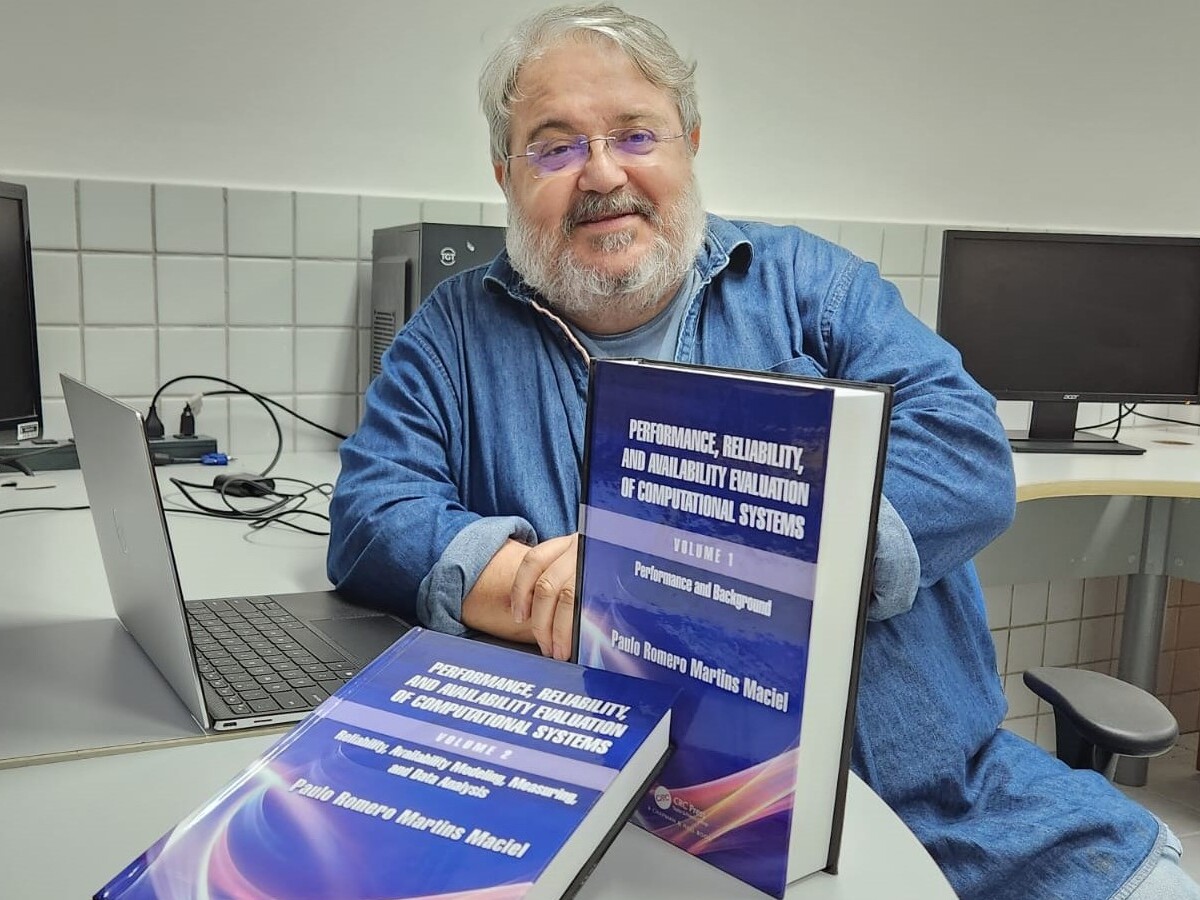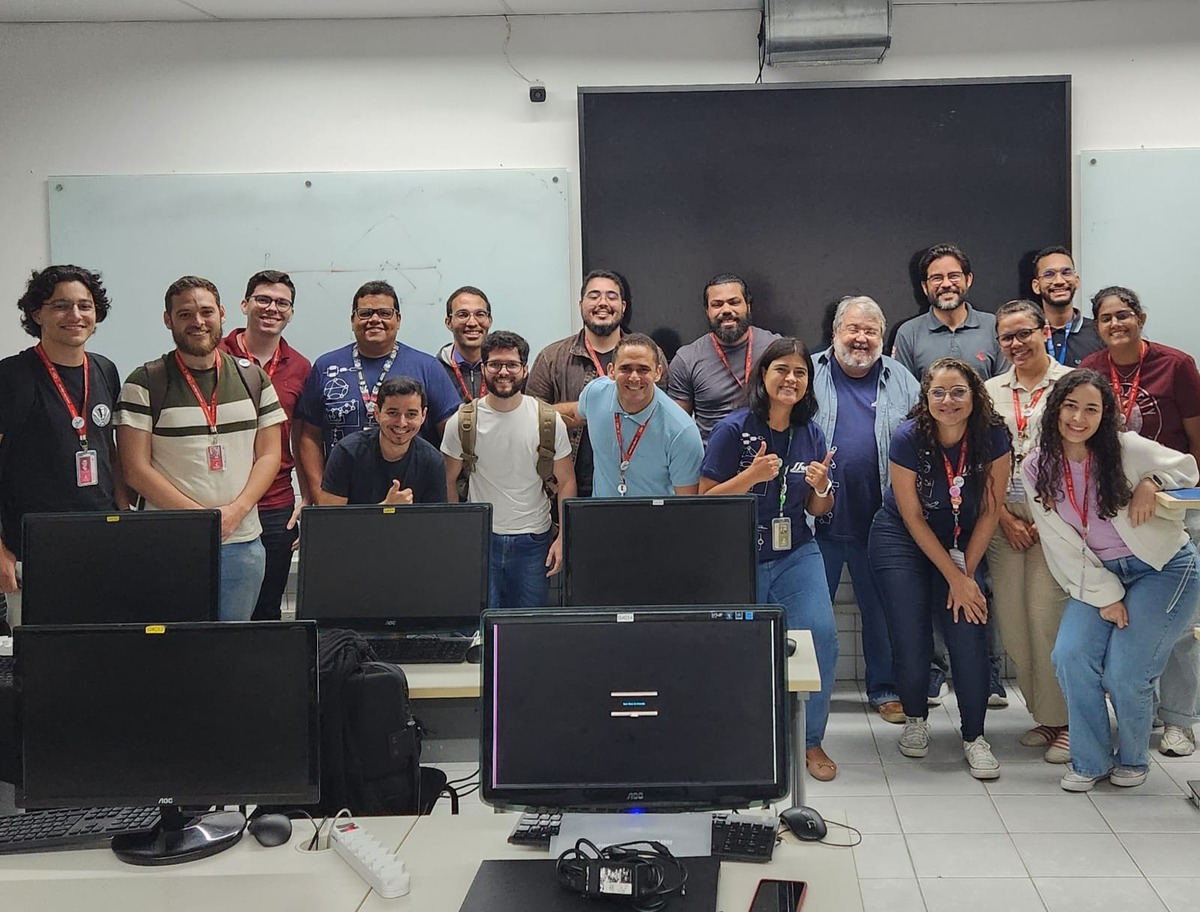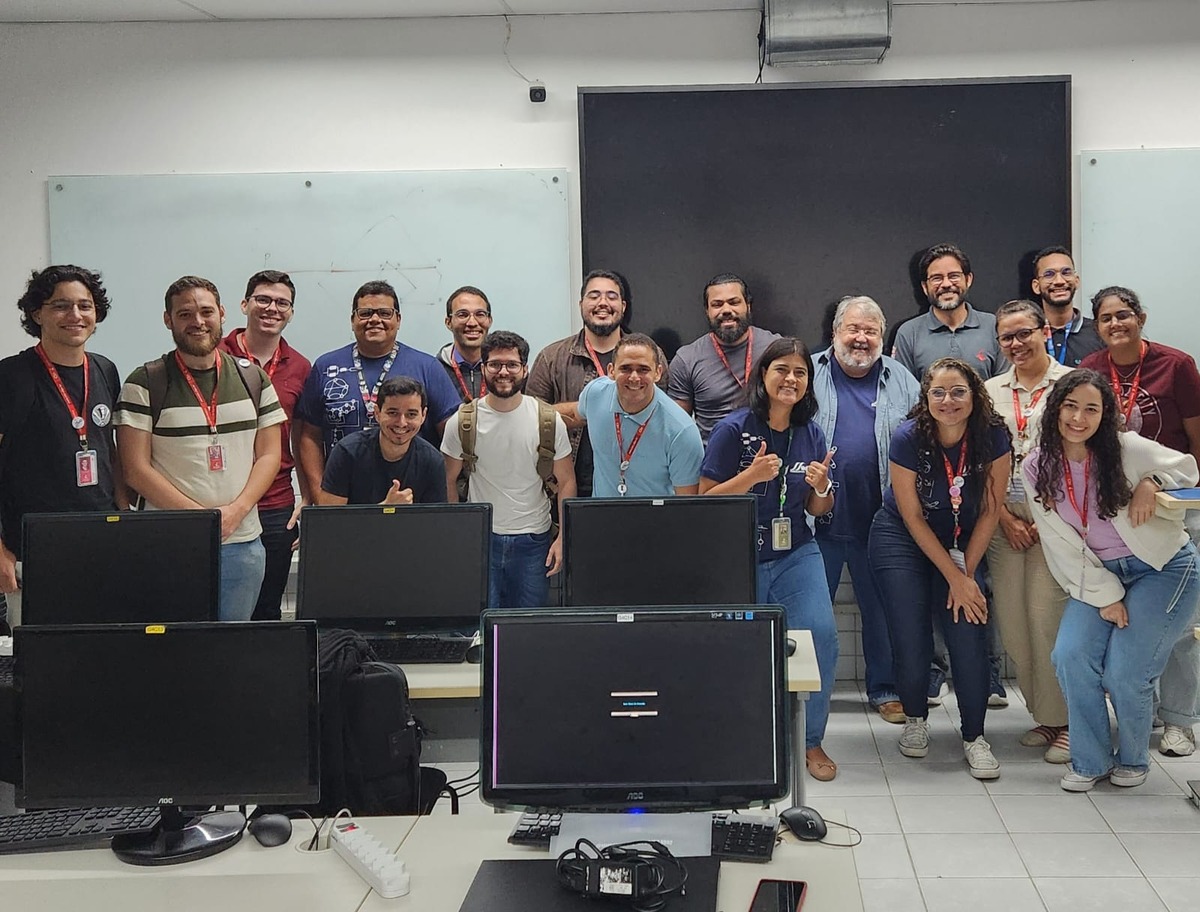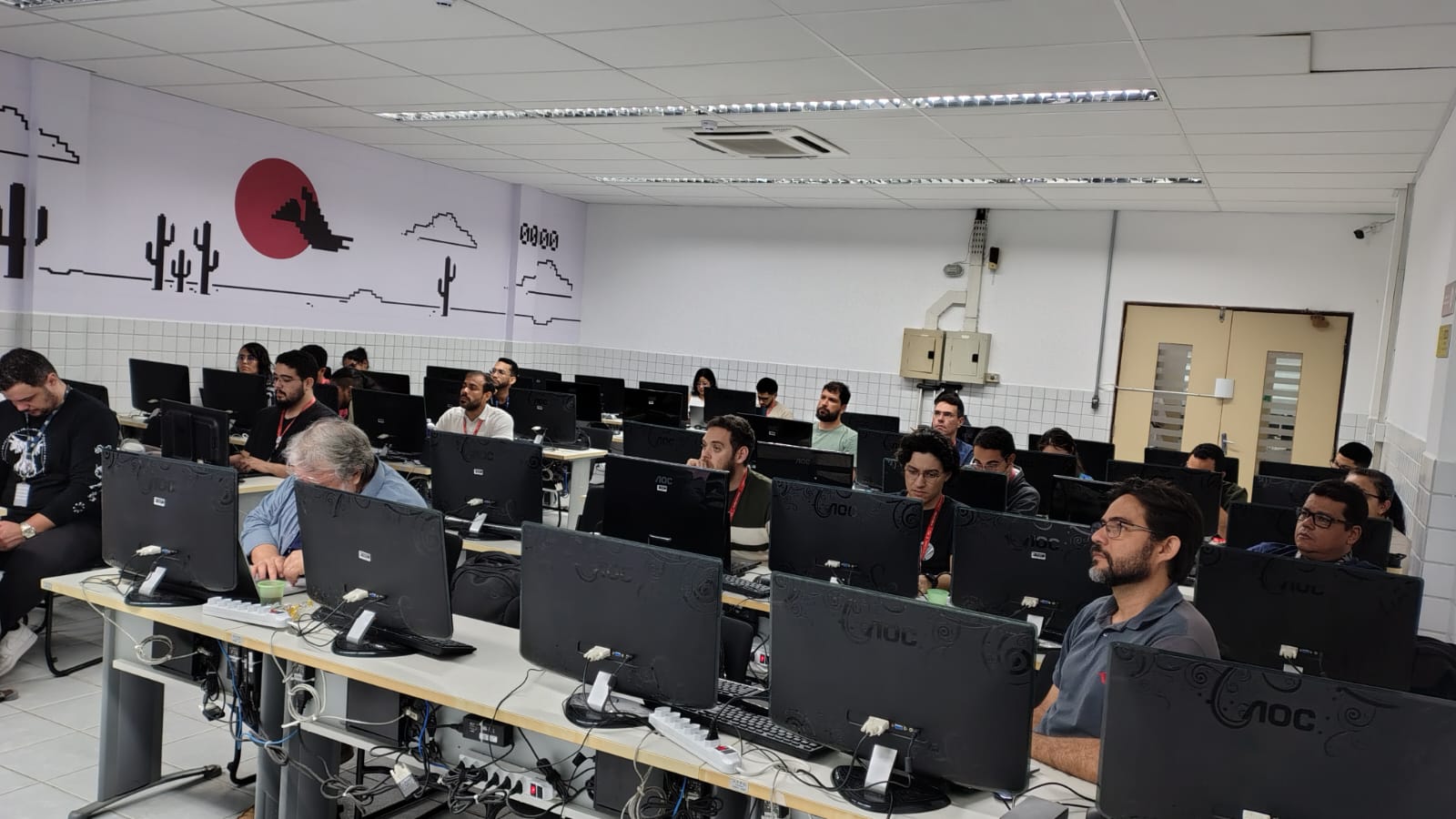This text intends to be a comprehensive and substantially self-contained two-volume book covering performance, reliability, and availability evaluation subjects. The volumes focus on computing systems, although the methods may also be applied to other systems. Like many parallel or concurrent systems, computing systems often lead to conflicts because processes attempt to access resources simultaneously or with time overlapping. Such conflict may cause errors, process congestion, and system deadlocks. Moreover, when planning a cost-effective system, the policies, mechanisms, systems’ structures, and the respective phenomena are usually hard to represent by deterministic models.
On the other hand, such systems commonly have statistical regularities that make them suitable for dealing with stochastic processes and statistics that quantify the collected data’s central tendencies, variability, and shapes. Due to its size, the document was divided into two volumes. The first volume covers from Chapter 1 to Chapter 14, whose subtitle is “Performance Modeling and Background.” The second volume encompasses from Chapter 16 to Chapter 26 and has the subtitle “Reliability and Availability Modeling, Measuring and Workload, and Lifetime Data Analysis.”



















